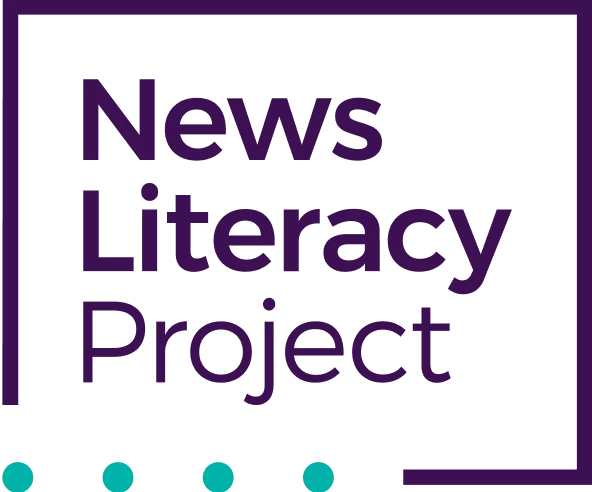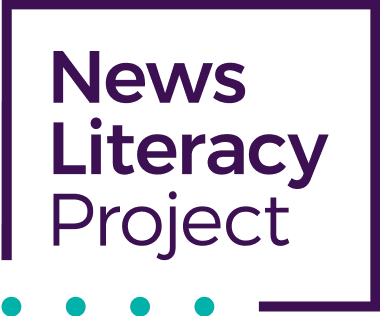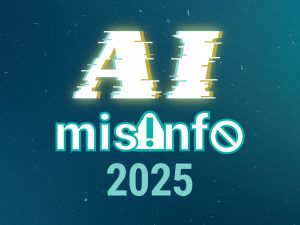Now more than ever, Iowa teacher wants students to be savvy online
Since Brian Winkel began teaching high school in 1993, he has posed countless questions to his English and journalism students. But now his goal is to ensure they are the ones asking questions — specifically about the information they encounter online. “I wanted them to be more media savvy,” he says.
Recognizing that young people needed a better understanding of what they were consuming, creating and sharing online, he redesigned a film-focused course at Cedar Falls High School in Iowa into a 21st Century Literacy class. When Winkel began re-imagining the course in 2017, he discovered the News Literacy Project’s Checkology® virtual classroom. “NLP was a godsend. When I spent the summer trying to build this, I was like, ‘holy cow,’” he says.
He now teaches two sections of 21st Century Literacy per semester with Checkology as a main resource. Winkel also uses content from NLP’s free weekly newsletter The Sift to bring even more timely content to his classroom.
Real-life events intervene
But with concerns about the health risks to students, educators and staff from the COVID-19 pandemic, Winkel’s district closed schools until at least April 30. Educators had provided students with material to reinforce topics covered previously and encouraged them to explore new learning opportunities. However, because of the inequity of access to the internet among students, the district cannot require those options, he explains. Still, Winkel sees ample learning opportunities in current events.
“Each and every day of this epidemic has been rife with teachable moments for drilling down on truth. Whether it be examining the credibility of the sources who are providing guidance, comparing the approaches that different government officials have used locally, nationally and globally or examining the investigations of watchdog reporters who are following the actions of officials,” he says. “I wish that I could have all of my kids with me every day, but I’m confident that they have been independently navigating the digital details in these trying times of COVID-19.”
‘It’s very eye-opening’
When in the classroom, Winkel finds students are highly engaged by the Checkology platform. “They love this kind of learning. I think I get pretty much 100% of the kids to go through 100% of the platform,” he says.
And sometimes he is surprised by what this digital generation doesn’t know. That’s often what happens when he teaches Checkology’s InfoZones lesson — which describes different types of information based on their primary purpose. “I thought it would be very elementary, that kids could understand the difference between facts and opinion, but they can’t. It’s very eye opening,” Winkel says.
He also makes sure his students grasp how tech companies and advertisers follow their habits online and target them with advertising and other content based on their behaviors.
His students are often unaware of how algorithms are used to influence what they see. “And it’s not just the algorithms, the politics behind it, the intent. They are always surprised that there are malevolent forces out there influencing their social media feed,” Winkel says.
Ultimately, he aims to ensure that his students are well-informed, critical thinkers when they leave his classroom. (Learn how Cătălin Vilae, an exchange student from Romania who graduated from Cedar Falls High School in 2019, applies what he learned in Winkel’s classroom.)
“I want kids to be able to understand what’s going on in the information landscape, to see who is trying to influence them and then teach them techniques to be savvy about that,” he says.
Given the “infodemic” surrounding COVID-19, that ability is more important than ever.





